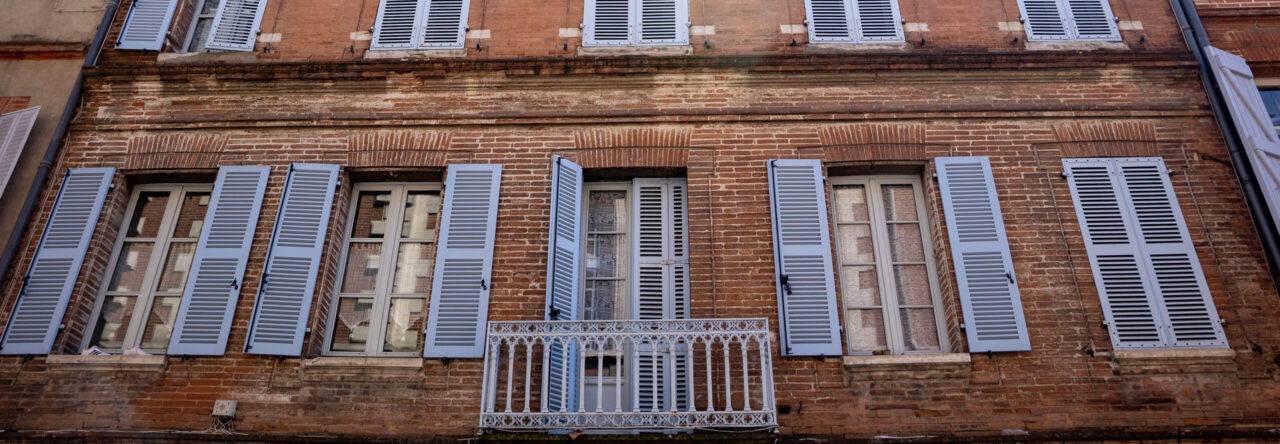One part of my experience here in France is to participate in volunteer work at my university, L’institut Catholique de Toulouse. For several weeks now I have been meeting with second and third year students in the philosophy department to speak in English. We talk together for half an hour each week, and I try to help them with their vocabulary and grammar. For them it is a nice chance to practice English outside the context of school.
By helping others with their English, however, I have noticed for the first time some interesting aspects of my own language. By explaining certain vocabulary words, I have actually started to better analyze the details and nuances. For example, one of the students and I were discussing the “la campagne française”: We translated it as “country,” (in the sense of rural areas that are not part of a city) as we were speaking in English. She asked me if “country” has another translation in French as well, and I answered that yes, in fact, “country” can also mean “pays” (in the sense of a nation such as France or America). As I said this however, I thought a bit more on the subject, and I explained that there is actually another word: “country side”, which corresponds more with “la campagne,” but that it is used very little. We noticed that while in French there are two separate words, in English there is only one word that is used in both senses. It is a detail that I had not noticed before talking with this student, and I wondered if maybe in the past “country side” was used more frequently and is now being forgotten by Americans. There are also specific points of pronunciation that are simple for me, but troublesome for foreigners. For example, I was speaking of a city that is not too far from my hometown in New Jersey called “Newark” when the student asked me if I meant “New York”. I realized then that the difference in pronunciation of these two words is actually difficult to hear, but before starting this volunteer work, I would never have noticed. It is these little discoveries that I find so interesting, and I believe that this work, though intended to help the French students learn English, is just as much an opportunity for me to gain a bit of perspective and learn more about the English language.
